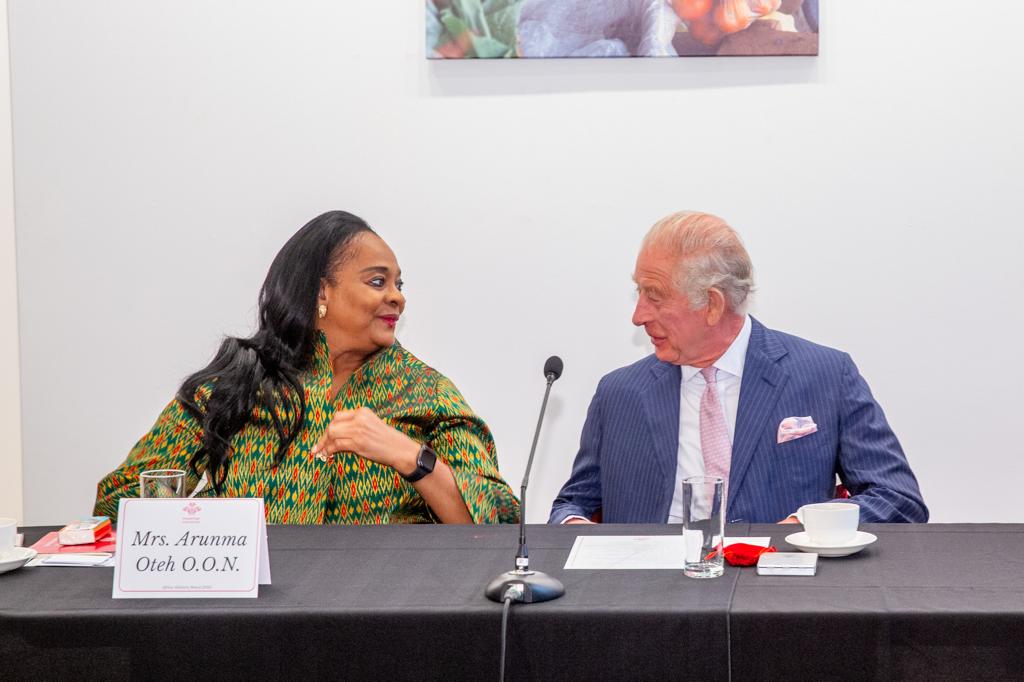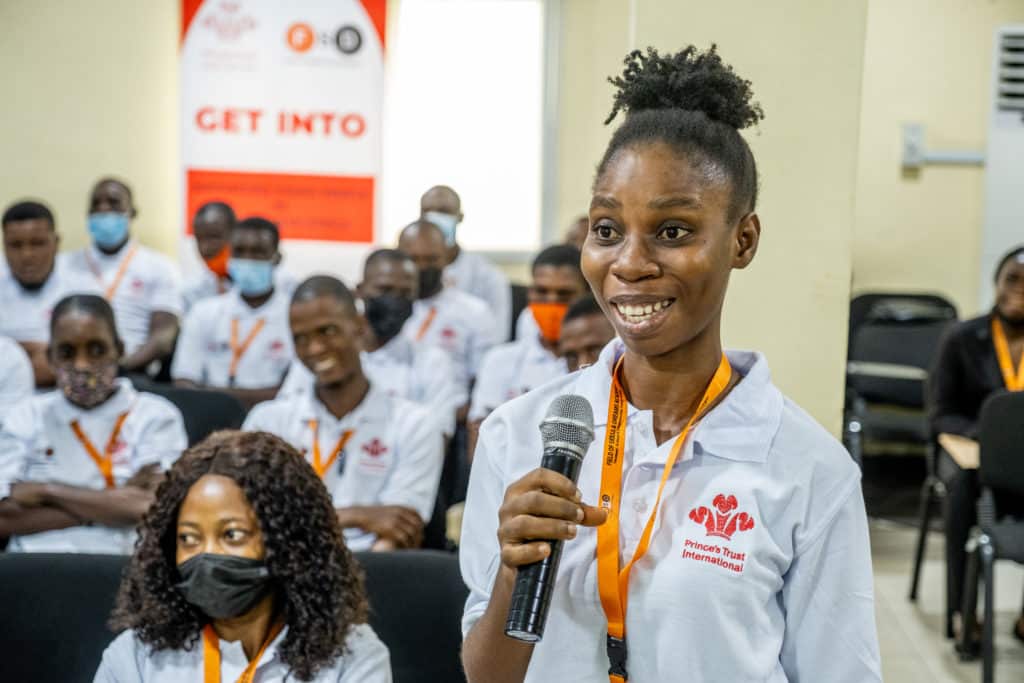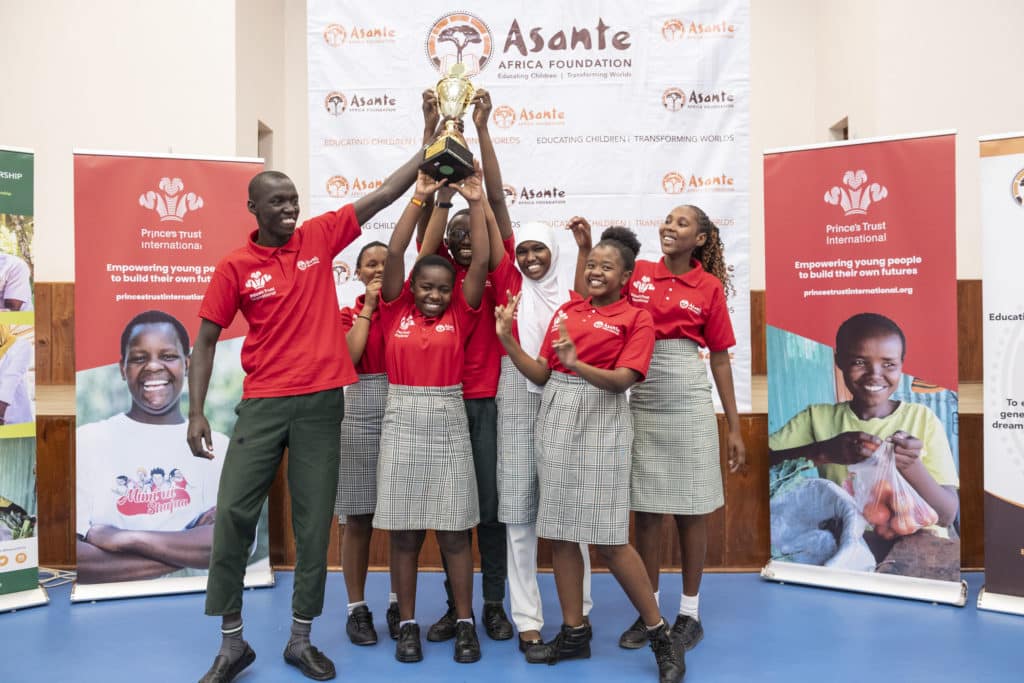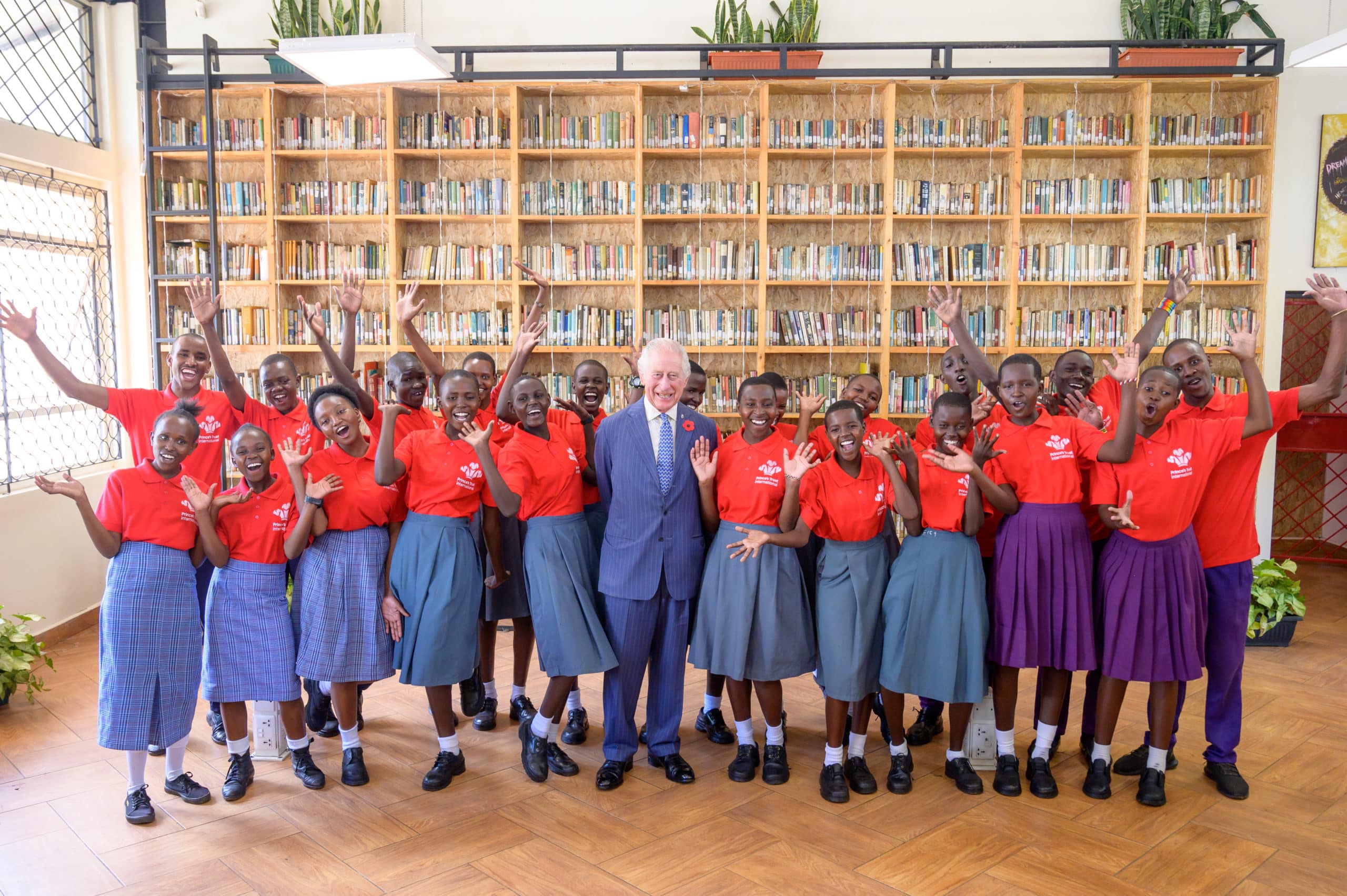With a growing youth population, the African continent could find itself on the path towards a bright future. However, this may only become a reality if the continent is able to provide widespread upskilling initiatives and tangible employment prospects.
The International Labour Organization reported in August that more than 72 million youth in Africa are not in education, employment or training, with the majority being young women. Furthermore, it was reported previously that by 2030, young Africans are expected to make up 42% of the world’s youth.
The goal to empower Africa’s young people has become a collective one. One organization working towards this is Prince’s Trust International (PTI). Founded by His Majesty, King Charles III (then Prince Charles), the Trust partners with local stakeholders to develop programs that equip young people with the skills and/or interventions needed to create a future for themselves.
“As a result of Prince’s Trust International’s human capital development focused programming, we have been able to reach over 15,000 young people since 2019 and provide them with the key skills and opportunities to secure livelihoods,” Shabir Randeree, Chairman of Prince’s Trust International, tells FORBES AFRICA.
“We have also been able to partner with a number of fantastic organizations, working together to help improve the way training facilitators and teachers engage with young people on the continent. This work has helped to deliver more impactful programming with greater rates of positive outcomes and created a ripple effect beyond the young people who directly benefit from our programs.”

CEO, Will Straw says that what started out as an organization that provided grants for people from disadvantaged backgrounds, when the organization was established in the United Kingdom (UK) over 40 years ago, has grown and evolved.
“Over time, [it] expanded into programs with employers, helping young people into job vacancies, where perhaps the employers were struggling to find work-ready youth. Then, more recently, on education programs and personal development programs in schools and other educational settings, helping young people to gain some of the core skills that are so important in the world of work – things like self-confidence, communication, problem-solving, teamwork, resilience, managing feelings, setting and achieving goals,” Straw says.
“And so Britain’s Trust International, founded in 2015, has sought to take those programs and insights about the needs of young people’s skills, and helping people to find meaningful work or set up their own business, to countries around the world.”
Currently, on the African continent, the organization has programs in Egypt, Ghana, Kenya, Nigeria, Rwanda, Tanzania and Uganda.
In addition to this, African Development Bank Group (AfDB) President, Dr Akinwumi Adesina and Straw met in November to sign a Memorandum of Understanding (MoU) and to explore strategic partnerships to scale up youth employment, human capital, and entrepreneurship opportunities.
The MoU indicated the commitment of both the AfDB and PTI to work together to identify and develop partnership opportunities, in countries of common interest, to mainstream employability skills for technical and vocational education and training (TVET) projects, funded by the Bank. PTI is also expected to participate in the preparation, design, implementation and monitoring of TVET and skills development projects.

It was reported at the time of this meeting that the Trust would be committed to “co-hosting a youth-focused investment summit in 2024 in the UK, in conjunction with the African Development Bank.”
According to PTI, it’s the insights of the youth they work with and their local partners that inform the type of work that’s done. Straw echoes this, adding that the role of the Trust is simply to impart the knowledge gained over the past few decades.
“[It’s] a mixture of programs; it depends on what the specific needs are in any particular country, and which local partners we’ve identified already doing valuable, impactful work on the ground, supporting young people’s journey, in a sense, from education to employment,” he says.
“Then we’ll work with them either to introduce one of our own programs or potentially to adapt or add to a program they’ve already got in place with some of our content or methodologies, to make it even more impactful.”
PTI Trustee, Arunma Oteh, who was the Vice President and Treasurer at the World Bank from September 2015 to November 2018, shares her experience with the organization, saying, “I am honored to be a member of the Board of Prince’s Trust International. I believe that it has even greater potential to do more in Africa and particularly expand its activities in the six countries it already has a presence in, as well as establish its programs in several of the other African countries.”

“Its employability and entrepreneurship programs prepare young people for future success, teaching them valuable business and leadership skills, early in their lives. For example, a number of successful people of African origin, such as Idris Elba and Ozwald Boateng, got their break from Prince’s Trust.”
“I have a personal attachment to both Africa and Asia. I was born in South Africa of Asian origin when my family migrated from Northern India in the 1860s. The opportunity to internationally apply my experience, having also served on the board of The Prince’s Trust in the UK, was hugely appealing,” Randeree adds.
“Having had a career in business, it never ceases to amaze me what can be achieved by elevating educational aspirations of our youth. Last year, almost 30,000 young people were impacted positively by Prince’s Trust International in 18 countries. It was Nelson Mandela who said ‘education is the most powerful weapon you can use to change the world’.”
